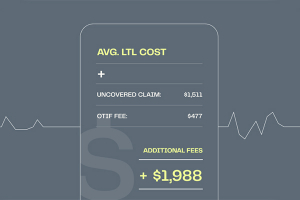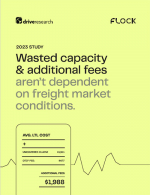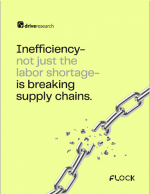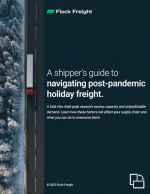Why Reduce Emissions When You Could Eliminate Them Altogether?
In this Customer Success Story, we describe how a carbon neutral company, Waiākea Water, is dodging obstacles and achieving numerous business objectives with a single freight solution.
Meet Waiākea Water
Waiākea Water is the world’s first Hawaiian volcanic water and represents a global brand that’s creating positive, meaningful change.
Founder and CEO of Waiākea Water Ryan Emmons launched the business in 2012 after recognizing a gap in the beverage and greater consumer packaged goods (CPG) industry for a premium water company that focuses on philanthropy, health, and sustainability.
Waiākea Water sees itself as a leader in corporate social responsibility and hopes to be an example for other companies.
An overview of Waiākea Water’s CarbonNeutral® certification
Waiākea Water bases its dedication to running a carbon neutral business on the Hawaiian practice of “mālama i ka ‘āina” (which means “to respect and care for the land”).
The company has worked with two of the world’s leading emissions consultants to reduce the direct and indirect environmental impacts of its business and its product to net zero, making Waiākea Water the first American premium bottled water and beverage to earn a CarbonNeutral® certification.
Look for a logistics provider with similar values
To keep carbon emissions at net zero, Waiākea Water applies new technology across all operations, including the company supply chain. Waiākea Water attributes its ability to ship with a net-zero impact to Flock Freight’s carbon neutral service, FlockDirect. But before we describe how Waiākea Water leverages FlockDirect, let’s explain the company’s freight-shipping needs.
Use shared truckload as a solution to tight capacity (during times like peak season)
Waiākea Water’s typical shipment ranges from eight to 12 pallets and weighs more than 15,000 pounds. The company has used both truckload (TL) and less-than truckload (LTL) shipping for freight of this size.
Waiākea Water Logistics and Operations Manager Tyler Wright specifies limited visibility and low capacity as two of the company’s challenges with LTL service.
Standard LTL shipping has limited tracking capabilities. With LTL, shippers can see point of pickup and estimated delivery time frames, but can’t tell where freight is in real time.
“With LTL, there’s no one who can tell you where your shipment is. We send our LTL shipments early and pray that they’ll arrive on time.” -Tyler
Dowload the Customer Success Story and discover how FlockDirect’s shared truckload service helped Waiākea Water avoid unwanted storage costs and maintain a 97% on-time delivery rate during 2020’s challenging peak season.
What’s Related




Favorites





